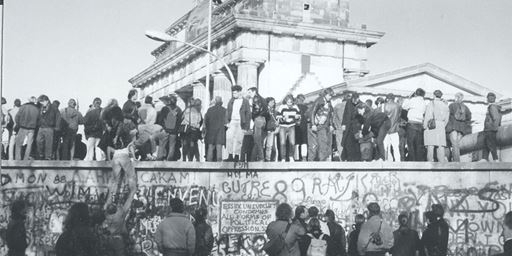Your future
We have excellent links with the research community, both in the UK and worldwide, so many of our students have gone on to teach in higher education institutions. Others have found employment in archives, research, managing research funds, other forms of educational provision, the Civil Service, the National Health Service, and management.
Within our school, we offer supervision for PhD, MPhil and MA by Dissertation. Themes of particular research interest include:
- War, culture and memory
- Public history
- Urban history
- Digital history
- Oral history
- Histories of class, race and gender
- The history of medicine
- The history of crime
- The history of food
- Slavery and slave societies
Our University is one of only 11 AHRC-accredited Doctoral Training Centres in the UK. This means that we offer funded PhD studentships which also provide a range of research and training opportunities.
We also work with our Employability and Careers Centre to help you find out about further work experience, internships, placements, and voluntary opportunities.










